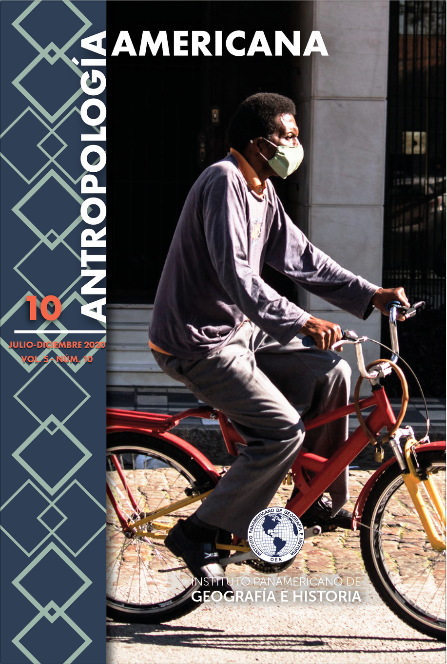The quiet geronticide: ethnography of COVID-19 in Montreal, Quebec, from March 10 to August 15, 2020
Main Article Content
Abstract
The COVID-19 pandemia constitutes what Marcel Mauss called a « total social
phenomenon, with medical, political, economic and symbolic aspects. This paper is an
ethnography of the production of representations of the disease and their social uses
in Montreal between march and august 2020. I consider that these representations
belong to two discourses. The first one, which I call ‘scientism-populism’, has been
dominant in Quebec during this period and was the basis of the policies of the
provincial Government, which is responsible for Public Health. ‘Scientism’ since it
constantly mentions science and claims its policies are based on it, although it was
unable to develop a truly scientific approach which could take into account all
relevant factors involved in the pandemia. The result of these mistakes was that
Quebec had the highest rate of contagion in Canada. The price paid were the
sufferings and the disproportionate death rate of elderly people, particularly those
who lived in Elders’ Homes. Yet, this discourse was broadly accepted since its
conforms with a tradition of nationalist populism which characterized many
governments in Quebec during the twentieth century. The other discourse, a mix of
economicism and neo-darwinism, dominates in various sectors of the economic elite
in Canada and elsewhere. It considers that the pandemia has to follow its ‘natural’
course and that it is better not to harm the economy with confinement. It was not in a
dominant position in Quebec during the period considered, but it has been gaining
strength lately (as in the antI-mask movement) because government policies were
seen as inefficient.
Downloads
Article Details
-
Abstract1131
-
PDF (Español)813
-
HTML (Español)695
-
ePub (Español)519
-
XML (Español)8

